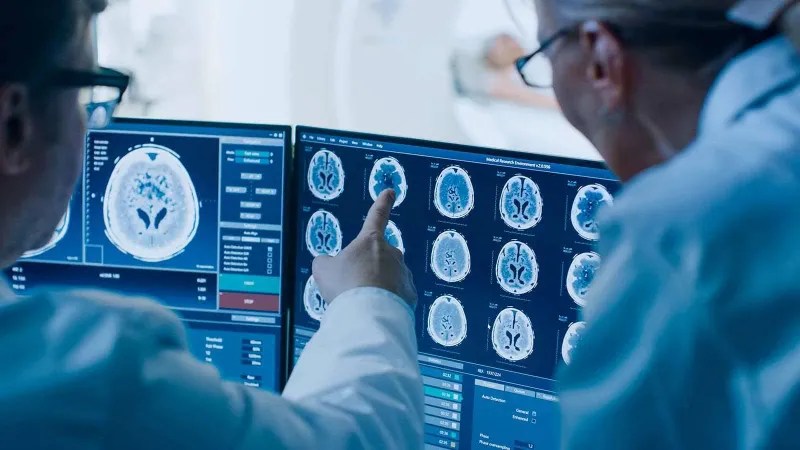
At The Frontlines of the Opioid Addiction Crisis
Read more about how Cornel Stanciu came to be involved in one of the biggest crises in healthcare today.
Since receiving his MD at Saba, Cornel Stanciu has been involved in one of the biggest crises in healthcare today—the epidemic of opioid addiction. He’s now completing a fellowship in addiction psychiatry at the Geisel School of Medicine at Dartmouth University and Dartmouth-Hitchcock Medical Center. We caught up with him there and asked him to provide his insights based on his experiences since graduating from Saba:
I became fascinated by substance use disorders during my clinical rotations at Saba, getting exposure to a variety of individuals experiencing medical conditions and substance use problems, both very much active simultaneously. I quickly saw the shortcomings of attempting to address one’s medical or mental health problems without addressing the underlying addiction issue. The treatment for substance use disorders involves both a very sound understanding of the neurobiological circuitry that gets disrupted and implementation of both relapse prevention medications as well as psychosocial “talk” therapies.
I decided to pursue training in psychiatric medicine and specifically addiction. I learned that with ongoing exposure to substances, our brain undergoes neuroplastic changes in the way it is wired and in the neurotransmitters that go through it. Individuals no longer act on common sense but rather they are taken over by the substance: everything they do, everything they value no longer corresponds to the social conformities and their own values but rather is dictated by the substance. Individuals with addictions have brains that are now wired to depend on the substance.
Through an Addiction Psychiatry Fellowship at Dartmouth University I was given the opportunity to learn from the best leaders in addiction research while focusing on the evidence-based treatment of patients with substance use disorders. Overdoses are now the leading cause of death in Americans under 50 years of age and use of substances is the responsible factor for the decline in our overall life expectancy.
When treating opioid use disorders, relapse prevention medications are critical. After detoxification, without relapse prevention medications, individuals have about a 90% or so relapse rate 1 year later. With medications, the relapse rate is drastically is reduced. These medications, to be prescribed, require a special license that addiction trained physicians have. One of the issues that we face is that the pool of practicing addictionologists is extremely small and certainly not sufficient to combat this current epidemic.
This is a great field for any medical student to go into who obviously has the interest but who desires a leadership role and to be part of groundbreaking developments. Unlike primary care or any other specialty, in Psychiatry you are part of a select few while battling the most relevant and devastating problem in healthcare.
My efforts going forward as an Addiction Psychiatrist will involve direct patient care as well as providing consultation to other services and specialties on how to manage addictions in their patients. I will also be involved in advocacy on these issues, including interactions with lawmakers to ensure implementation of best practice guidelines.

For prospective students
Saba is committed to supporting prospective students with any questions or queries throughout the application process. Please see the following links for detailed information about each topic:
If the information you are seeking is not provided here, please get in contact by contacting via WhatsApp here.
Get in touch for more information